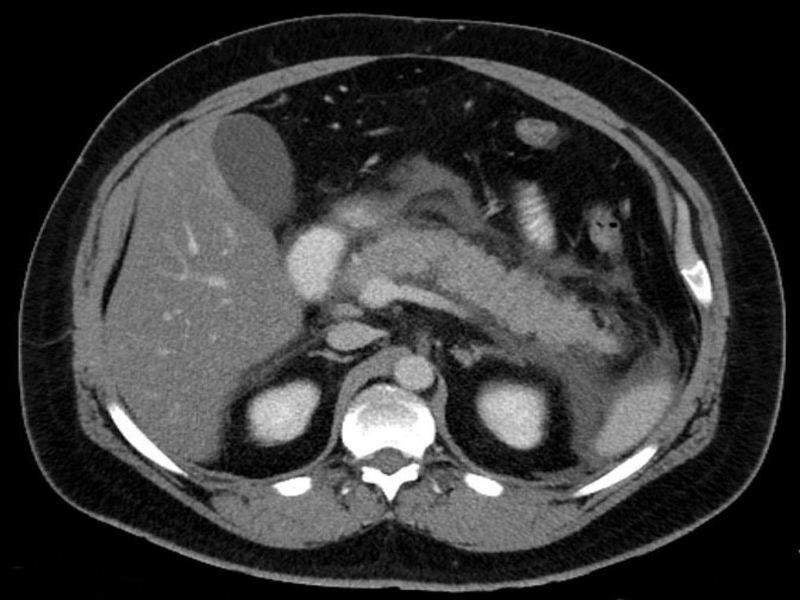

Life sciences company Cypralis has secured new funding from Innovate UK to develop cyclophilin D inhibitors targeting degenerative diseases.

Discover B2B Marketing That Performs
Combine business intelligence and editorial excellence to reach engaged professionals across 36 leading media platforms.
Awarded under its BioMedical Catalyst competition, the new funding follows on from Cypralis successfully completing its Innovate UK feasibility award.
At the end of October last year, the company completed a feasibility study designed to generate new inhibitors of cyclophilin D for targeting diseases such as pancreatitis, ischaemias and CNS degeneration.
Cypralis CEO Simon Kerr said: “This further support from Innovate UK will enable Cypralis to select and progress one of our potent cyclophilin inhibitors through early pre-clinical development and towards Clinical Trial Application filing during 2018.
“Existing data suggests that our compounds have significant potential for the treatment of acute pancreatitis, a serious disease for which there are no existing disease-modifying therapies.”

US Tariffs are shifting - will you react or anticipate?
Don’t let policy changes catch you off guard. Stay proactive with real-time data and expert analysis.
By GlobalDataDuring the study, Cypralis and the University of Liverpool collaborators demonstrated that the company’s cyclophilin inhibitors are protective against pancreatic cell death resulting from bile acids.
NIHR pancreas biomedical research unit director Robert Sutton said: “The development of an effective drug for acute pancreatitis would have a transformational impact on the management of this common and serious disease for which there are currently no specific therapies.
“Our work at the University of Liverpool has demonstrated that drugs which block cyclophilin D can prevent or reduce damage to the pancreas occurring during an episode of acute pancreatitis.”
Set to start this month, the early stage study will be undertaken in collaboration with University of Liverpool professor Robert Sutton along with Selcia, Hypha Discovery and Aptuit who will serve as sub-contractors.
The study is aimed at expanding the body of pharmacological evidence to support the role of cyclophilin inhibition in acute pancreatitis.
Image: Acute exudative pancreatitis on CT scan. Photo: courtesy of Hellerhoff.




